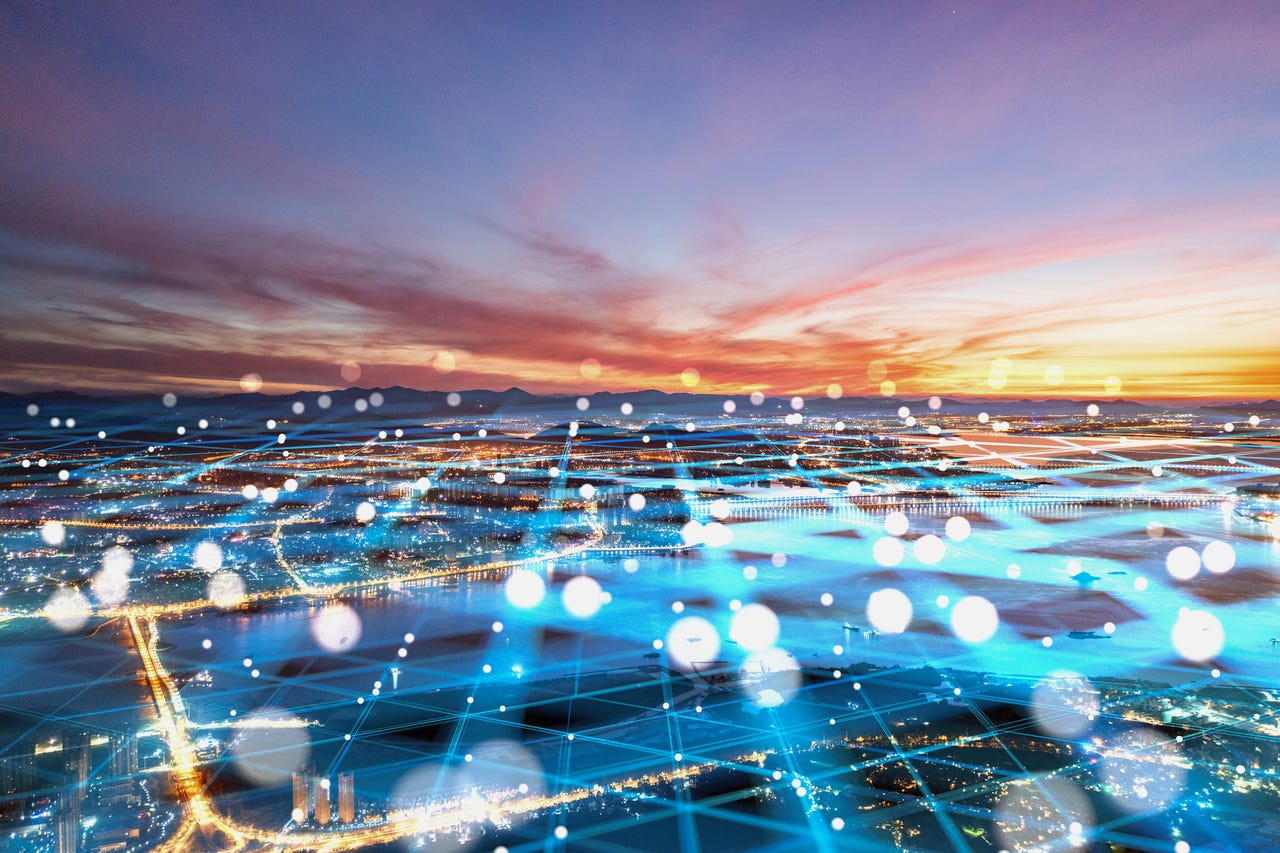Prepare for AI-powered 'agent ecosystems' that will dominate tomorrow's services


Today's artificial intelligence (AI) solutions might be adept at handling single tasks, but as these systems begin to talk to each other, something more profound is evolving.
AI-powered agents or automated assistants, which are already being widely used, are starting to communicate with each other, creating powerful ecosystems that are poised to reshape the way people interact with technology. This transformation, in turn, will create demand for skilled people who can develop, oversee, and set guardrails for these agent networks.
Also: Five ways to use AI responsibly
That's the word from consultant Accenture, whose researchers have issued a thoughtful analysis on the rise of agent ecosystems and human-centered technology that is driven by AI and other disruptive systems. Technology is becoming more human-like and intuitive for people to use, says the report, which is written by Paul Daugherty, Adam Burden, and Michael Biltz, all with Accenture. "We are moving toward a world where the technology around us will become more omni-present, yet also more invisible," they state.
The rise of agent ecosystems -- large networks of interconnected AIs -- "will push enterprises to think about their intelligence and automation strategy in a fundamentally different way," Daugherty and his co-authors explain. These ecosystems will develop as AI evolves from performing singular tasks to supporting agents, "that, with appropriate oversight, can work with one another and act as proxies for people and enterprises alike."
Also: The best AI chatbots: ChatGPT and other noteworthy alternatives
These connected, AI-powered agents, "not only assist and advise us, but also take decisive actions on our behalf in both the physical and digital worlds."
Agent ecosystems will amplify productivity to new levels, the report co-authors continue. As AI evolves into agents, "automated systems will make decisions and take actions on their own. Agents won't just advise humans, they will act on humans' behalf. AI will keep generating text, images, and insights, but agents will decide for themselves what to do with it."
The authors point to DoNotPay, "a company designed to help consumers save money -- from contesting parking tickets to identifying unused subscriptions," as an example of agent-driven services.
Yet the agents, "will only be as valuable as the humans that guide them. Human knowledge and reasoning will give one network of agents the edge over another," the researchers caution.
Also: Today's AI boom will amplify social problems if we don't act now
The people needed to build and manage agent networks will require skills to set guidelines. "Humans need to embed rules, knowledge, and reasoning skills, and then rigorously test agents to ensure their readiness," the Accenture team urges. "As agent ecosystems evolve, humans have two primary responsibilities -- to engender trust in semi-autonomous systems, building agent support systems, and refining machine reasoning."
What's clear is that the decisions your employees make, for better or worse, are about to be amplified, Daugherty and his co-authors point out: "A company's level of trust in their autonomous agents will determine the value their agents can create. Your human talent is responsible for building that trust."
While AI is mainly a tool that handles narrow tasks, ultimately, "AI agents will operate our companies," the report predicts. "It is our job to make sure they don't run amok. Given the pace of AI evolution, the time to start onboarding your agents is now."